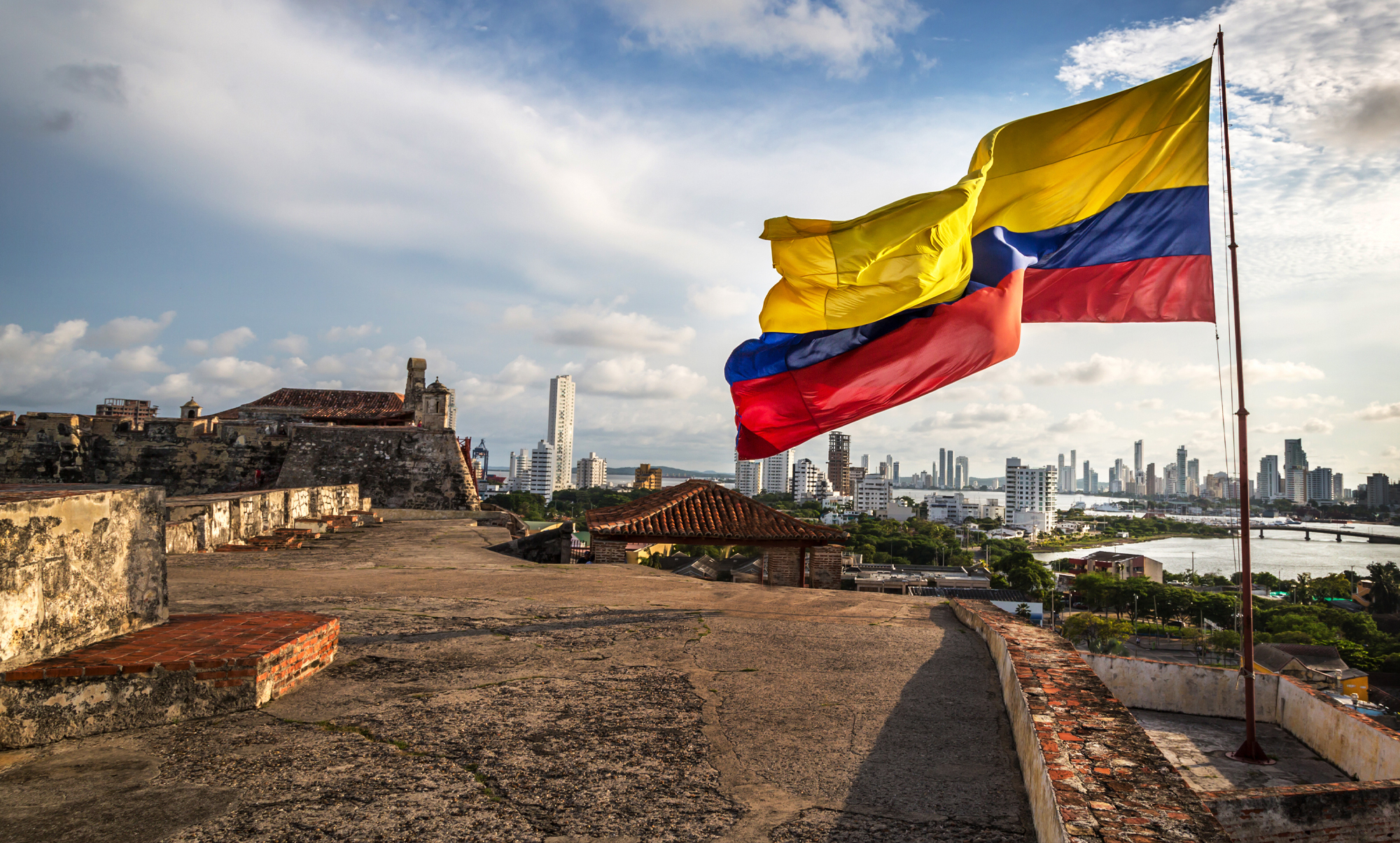Original article (in Bosnian) was published on 26/10/2023; Author: Elma Murić
Following a public debate between Colombian President Gustavo Petro and Israeli Ambassador Gali Dagan concerning the conflict escalation in Israel and Gaza, numerous web portals in Southeast Europe falsely claimed that Colombia had expelled Ambassador Dagan.
On October 16, the web portal Srbija Danas published an article, with the title claiming “Colombia is expelling the Israeli ambassador”:
“Ask for forgiveness and leave” Colombia expels the Israeli ambassador: What a shame!
According to the article, Colombian Foreign Minister Alvaro Leyva, in response to a public debate between President Gustavo Petro and the Israeli Ambassador to the country, Gali Dagan, reportedly stated on the social network X (formerly known as Twitter) that the Israeli diplomat should apologize and leave the country.
Similar claims were echoed in the headlines of articles on several other web portals (1, 2).
On the same day, the web portal Politicki also published that the South American country had expelled the Israeli ambassador, along with the assertion that Colombia was demanding Dagan’s departure:
Colombia expelled the ambassador of Israel
Colombia demands that the Israeli ambassador leave the South American country. Foreign Minister Álvaro Leyva says the envoy should “at least apologize and leave” after criticizing President Gustavo Petra for comparing Israel’s attacks on Gaza to the Nazi persecution of Jews.
This claim was further perpetuated by additional publications stating that Colombia had expelled Dagan (1, 2, 3).
In addition to these web portal publications, the claims also gained traction on social networks (1, 2)
What are the facts?
The diplomatic rift between Israel and Colombia, triggered by the escalation of the conflict in Israel and Gaza, has been the subject of global media attention for several days. The public dispute between officials of the two countries began after Colombian President Gustavo Petro commented on the violence escalation in the Gaza Strip on October 8 on Platform X. Alongside acknowledging the “enormous injustice suffered by the Palestinian people since 1948” and the “enormous injustice suffered by the Jewish people from the Nazis in Europe since 1933,” Petro wrote that “the neo-Nazis now want the destruction of the Palestinian people, their freedom, and culture.”
The following day, on October 9, Petro responded to Israeli Defense Minister Yoav Galant’s statement that the Israeli army in Gaza “is fighting against animals and will act accordingly.” The Colombian president likened it to “what the Nazis said about the Jews” and emphasized that “democratic nations cannot allow the Nazis to reposition themselves in international politics.”
Israeli Ambassador to Colombia, Gali Dagan, commented on Petro’s statements on social media, inviting the Colombian president to visit Auschwitz and other sites of Jewish suffering in Europe. Petro promptly responded to Dagan’s invitation, stating that he had “already been to Auschwitz and now sees a copy of it in Gaza.”
In the days that followed, the Israeli government announced the suspension of the export of military equipment to Colombia, condemning Gustavo Petro for his “support for the crimes committed by Hamas terrorists and inciting anti-Semitism.” This announcement was shared on Platform X by Ambassador Gali Dagan.
Petro also shared this post, stating that if “Colombia has to suspend foreign relations with Israel, we will suspend them,” adding that “Colombia does not support genocide.”
On October 16, Colombian Foreign Minister Alvaro Leyva joined the public debate, criticizing the Israeli ambassador for his “callous arrogance towards Gustavo Petro” and describing it as shameful. Leyva mentioned that the least Dagan could do is “apologize and leave.”
As Leyva’s announcement gained traction, he clarified on X the same day that he “did not say that the Israeli ambassador was expelled” from the country, but that his statement indicated “a necessity for reasonable speech and respect for President Gustavo Petro, which are mandatory in diplomatic relations.” A few hours later, Alvaro Leyva also announced that “relations with Israel will be maintained if that country wants it” and that relationships based on mutual respect are “always welcome.”
The fact is, therefore, that Leyva did not officially state that Colombia had expelled or was expelling the Israeli ambassador. Rather, his comments were part of the ongoing debate between the Colombian president and the Israeli ambassador in the country. There is no official information on the Colombian Ministry of Foreign Affairs’ website or the Colombian presidency’s website confirming the denial of hospitality to the Israeli ambassador.
On the contrary, on October 19, Colombian President Gustavo Petro met separately with the ambassadors of Israel and Palestine in this country and shared photos from the meetings on his X profile. Petro expressed solidarity with Israeli and Palestinian children who “must and have the right to live in peace” and announced Colombia’s plans to send aid to the population of the Gaza Strip, as well as its intention to open a diplomatic mission in the Palestinian city of Ramallah.
The claim that Colombia expelled or is expelling the Israeli ambassador Gali Dagan was shared in the media (1, 2, 3) as well as on social networks (1, 2) outside of Southeast Europe, and Reuters also checked these claims in one of its fact-checking analyses.
Therefore, the claim that Colombia expelled the Israeli ambassador, published in the title of the article on the web portal Politicki, is rated as fake news. The same rating is given to the earliest publication of the claim on social networks. Later publications of the same claim are rated as the distribution of fake news.
The claim that Colombia is expelling the Israeli ambassador, without any official confirmation and based on the Colombian minister’s comments on Platform X, is rated as disinformation. The claim that Colombia is asking the Israeli ambassador to leave the country gets the same rating.



